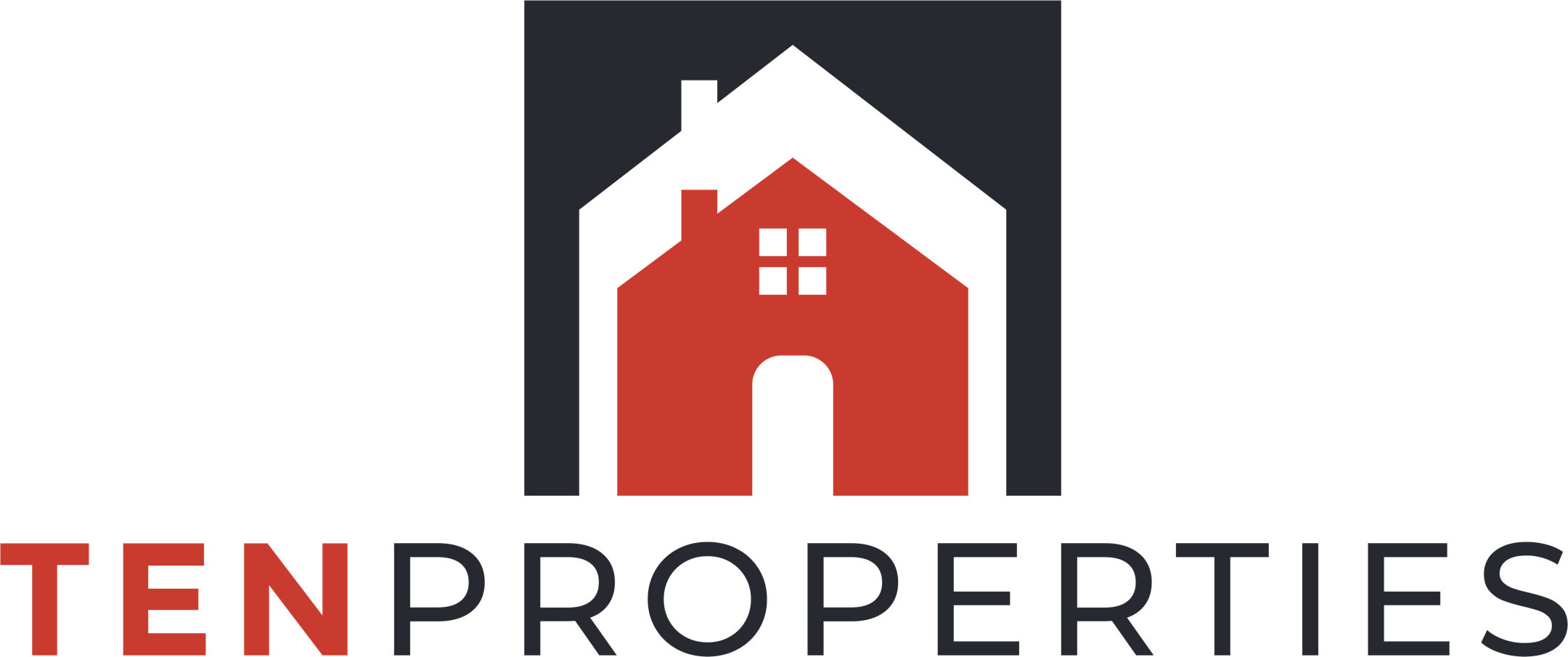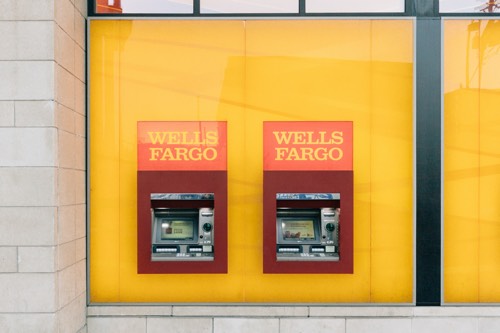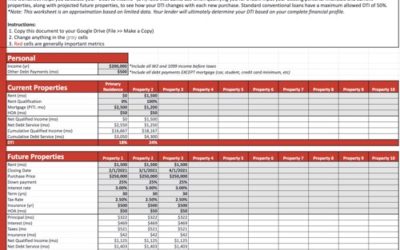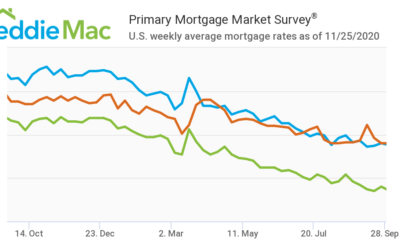You’d think this would be an easy question, but it isn’t as simple as A or B and depends on several factors… most notably, timeframe and expectations.
Cashflow
If you are expecting a positive income stream from a property each month, there is really no substitute for a positive cashflow rental. Remember that cashflow is the amount of money left over after all debts and expenses have been paid. Simply speaking, it’s the amount your bank account will go up (or down) each month. Since your largest monthly expense will be your loan payment, focus your strategy on areas that return the highest amount of rent per dollar of investment (price). A good metric to use here is the Price-to-Rent Ratio. Simply divide the price of the house by the estimated gross rent you’ll receive each month. You’ll get a number in the 100+ range and can use this metric to compare similar investment options. Lower is better.
Appreciation
The opposite of cashflow, this strategy relies on the property growing in value over time to make money. This growth is called “capital gains” and can’t easily be realized until the property is sold. If you aren’t counting on a steady income from the property each month, but instead are convinced that a particular property or area is going to appreciate over time, then an appreciation strategy may be better for you. Concentrate your searches on higher-growth areas for a better long-term return. Most real estate websites (public or agent) don’t give you growth numbers for particular areas, zip codes, or subdivisions. You can get an approximation by looking at tax records for specific properties, but those are always trailing indicators and for high-growth areas can be significantly far off. The only true way to calculate this number is by doing a mathematical curve-fit to historical data. A good data-driven REALTOR® can do this easily for you.
Remember, properties are like stocks… You buy them, hope they go up, and sell them for (hopefully) a profit. Unless you bought a stock that pays a dividend, you don’t get to realize any of the gains from that investment until you sell. It’s the same with real estate. Figure out your expectations and timeframe and the rest will be easy.





